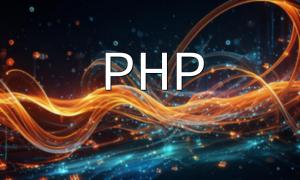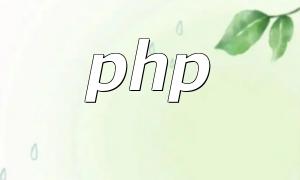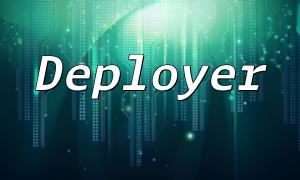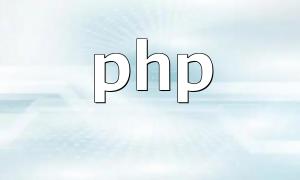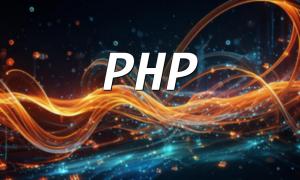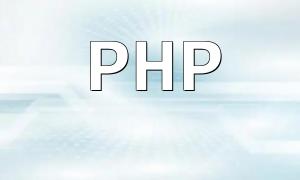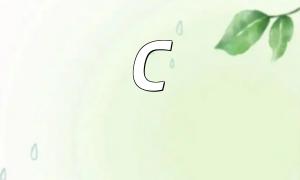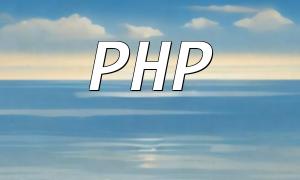PHP is a popular server-side programming language widely used for developing dynamic websites and web applications. Known for its ease of learning and use, mastering PHP requires understanding several core areas.
PHP's syntax is similar to C, covering variables, operators, control flow, and functions. PHP supports various data types, including integers, floats, strings, arrays, and objects.
Understand variable types and scope, and master data manipulation methods such as array handling, string processing, and mathematical operations.
Learn how to connect PHP to databases like MySQL, PostgreSQL, and MongoDB. Become proficient in SQL queries, including retrieving, inserting, updating, and deleting data.
Understand the fundamental concepts of object-oriented programming (OOP), including classes, objects, inheritance, and polymorphism. Master PHP's OOP features, such as class definitions, methods, properties, and constructors.
Explore popular PHP web frameworks like Laravel, CodeIgniter, and Symfony, and understand the benefits of frameworks, including code reuse, security, and scalability.
Learn PHP security measures, including input validation, session management, and protection against cross-site scripting (XSS). Follow best practices to ensure the security of web applications.
In addition to core PHP knowledge, developers should be familiar with frontend technologies such as HTML, CSS, and JavaScript, as well as Linux operating systems, web servers (like Apache or Nginx), and version control tools (such as Git) to enhance overall development capabilities.
